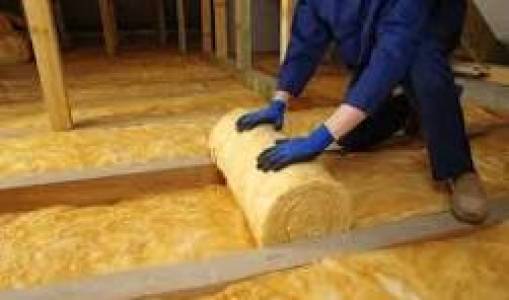Description
Glass Wool & Rockwool: Superior Thermal & Acoustic Insulation
Whether you're a seasoned builder or a DIY enthusiast, choosing the right insulation is crucial for energy efficiency, comfort, and sound control. Glass wool and rockwool are two leading thermal and acoustic insulation materials, each offering unique advantages and best suited for specific applications. This detailed description will help you understand their properties and choose the best option for your project.
Glass Wool: Lightweight & Versatile Insulation
Glass wool, also known as fiberglass insulation, is a versatile material manufactured from recycled glass and other raw materials. Its lightweight, flexible nature makes it easy to handle and install in various applications, including:
- Residential Construction: Attics, walls, floors, and crawl spaces. Its flexibility allows it to fit snugly in irregular spaces.
- Commercial Buildings: Similar applications to residential, along with HVAC ductwork insulation for energy efficiency.
- Industrial Applications: Insulating pipes, equipment, and other industrial components.
Key Features & Benefits:
- Excellent Thermal Performance: High R-value provides superior thermal insulation, reducing energy costs associated with heating and cooling.
- Lightweight & Easy to Handle: Simplifies installation, reducing labor costs and time.
- Fire Resistant: Inherently resistant to fire, contributing to building safety.
- Moisture Resistant: Many types are treated to resist moisture absorption, preventing mold and mildew growth. (Note: Proper vapor barriers are still recommended)
- Cost-Effective: Generally a more budget-friendly option compared to rockwool.
- Good Acoustic Insulation: Provides decent sound dampening, especially when installed correctly.
Considerations:
- Skin Irritation: Can cause skin irritation during installation; always wear appropriate protective clothing, gloves, and eye protection.
- Dust Generation: Produces dust during handling and cutting; respiratory protection is recommended.
Rockwool: High-Performance & Durable Insulation
Rockwool, also known as stone wool, is a superior insulation material manufactured from molten rock. Its denser structure and higher heat resistance make it ideal for applications demanding superior performance and durability.
- Residential Construction: High-performance applications where thermal and acoustic performance are paramount, such as attics, walls, and floors in climates with extreme temperature fluctuations.
- Commercial Buildings: Ideal for applications requiring fire resistance and superior sound dampening, like fire-rated walls and soundproof rooms.
- Industrial Applications: High-temperature applications where durability and fire resistance are crucial.
Key Features & Benefits:
- Superior Thermal Performance: Higher R-value than glass wool, providing exceptional thermal insulation.
- Excellent Fire Resistance: Non-combustible and offers superior fire protection.
- High Density & Durability: Resists compression and retains its insulating properties over time.
- Moisture Resistant: Naturally water-repellent and resistant to mold and mildew growth.
- Superior Acoustic Insulation: Effectively dampens sound, providing excellent noise reduction.
- Environmentally Friendly: Made from sustainable natural resources.
Considerations:
- Higher Cost: Generally more expensive than glass wool.
- Denser & Less Flexible: Can be more challenging to install in tight spaces compared to glass wool.
Choosing Between Glass Wool & Rockwool:
The choice between glass wool and rockwool depends on your specific needs and budget.
- Choose Glass Wool for: Budget-conscious projects, ease of installation, and applications requiring decent thermal and acoustic insulation.
- Choose Rockwool for: High-performance applications, fire safety concerns, superior acoustic insulation, and longer lifespan requirements. Also consider if sustainability is a key factor.
Always consult local building codes and regulations to ensure you select the appropriate insulation for your project. Proper installation is crucial for achieving optimal performance; if unsure, seek professional help.
